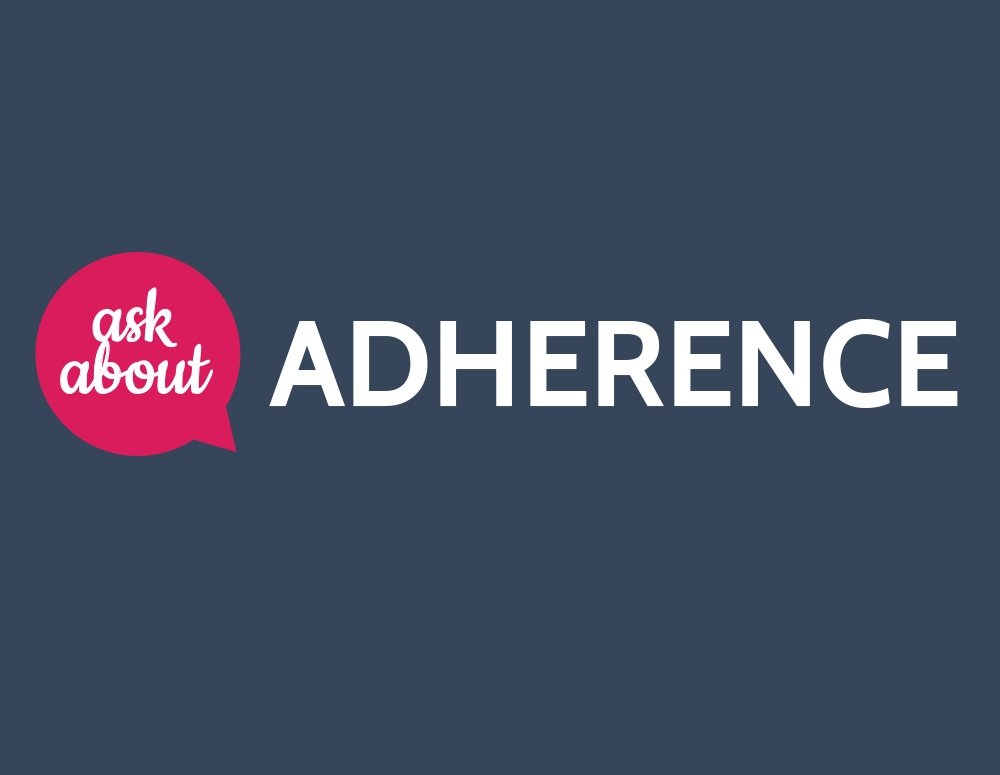
Ask About Adherence is a blog series featuring Q&A’s with experts and new medication adherence resources. In this post, we feature a recently released report from the Centers for Disease Control and Prevention, which found that a high number of Medicare Part D beneficiaries using antihypertensives were non-adherent.
Stay tuned for the next blog and be sure to share your thoughts in the comments section below.
A recent report from the Centers for Disease Control and Prevention found that more than a quarter of Medicare Part D beneficiaries are not taking their blood pressure medicine as directed, either skipping doses or simply not taking it altogether. Medication non-adherence is a leading cause of poor blood pressure control and a strong risk factor for complications, such as heart or kidney disease.
Some of the report’s key findings include:
- Approximately 70 percent of U.S. adults age 65 and older have high blood pressure.
- One out of two elderly adults with high blood pressure does not manage it appropriately.
- Among the 18.5 million Part D beneficiaries who were prescribed antihypertensives, close to 5 million (26 percent) were non-adherent to their medications.
- Non-adherence also varied by racial/ethnic groups, low-income subsidy status and regionally, placing some groups of patients at higher risk of heart attack or stroke. For example, up to 39 percent of racial/ethnic minorities do not take their blood pressure medicine.
There is no single solution to a problem as seemingly simple as getting patients to take their medications as prescribed. However, there were several recommendations that identified promising strategies aimed at improving adherence and blood pressure control, including:
- Simplifying blood pressure treatment regimens, which can include combination products to reduce pill burden, coordinating refills so they are all due the same day each month and providing 90-day refills to limit trips to the pharmacy.
- Engaging patients in their medication regimen decision-making through motivational interviewing and patient education on risks associated with uncontrolled hypertension.
- Use of technology, such as mobile apps, to keep patients on track with their dosing schedule, or home blood pressure monitors and other tools for patients to track and log their progress.
- Addressing patient cost sharing, if financial challenges present a barrier to adherence.
The Centers for Medicare & Medicaid Services has included medication adherence quality measures in the Parts C and D Star Ratings Program to support improved adherence to certain classes of medications, including those used to treat high blood pressure. Hopefully, these efforts will encourage plans to work with providers and patients on identifying and implementing interventions that will improve medication adherence and health outcomes of beneficiaries with hypertension.
For more information, the full study can be found here.





